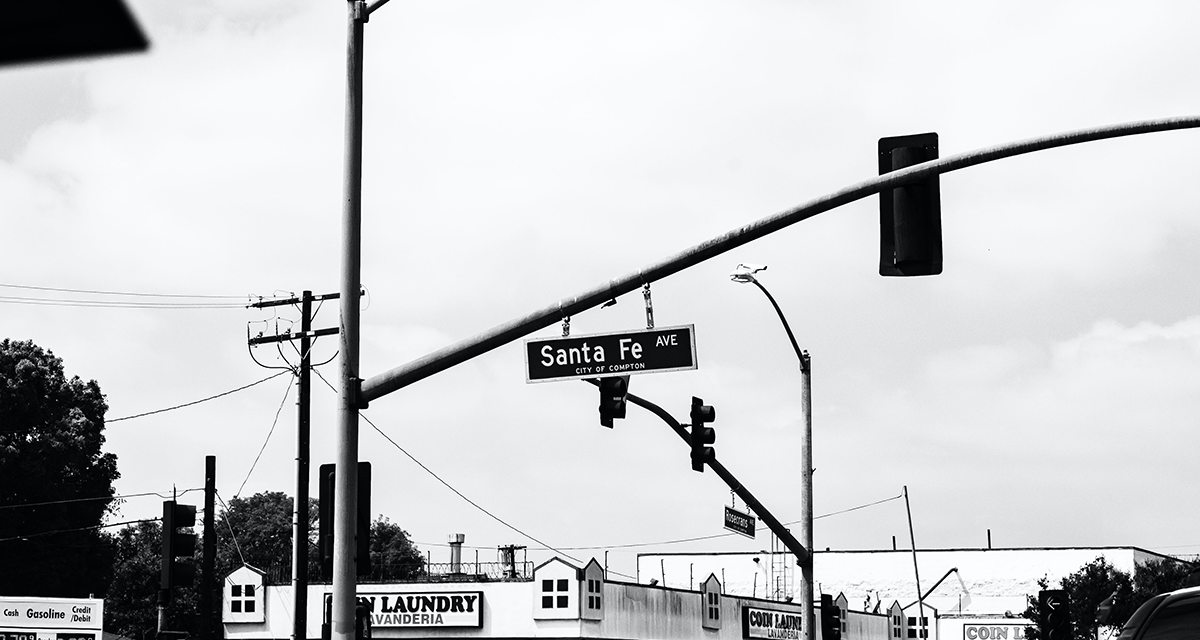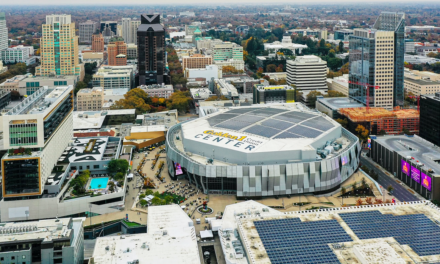Compton’s history is a rich mosaic of transformation and resilience.
From its agricultural roots to becoming a cultural icon, Compton’s journey is as diverse as its community. This exploration delves into the many facets of Compton’s evolution, a city that has withstood the test of time and emerged stronger.
Foundations and Early Development
Agricultural Beginnings: Compton’s story begins in the late 19th century. Its fertile land made it ideal for agriculture, particularly dairy farming and fruit orchards.
City Incorporation and Growth: Incorporated in 1888, Compton started as a small farming community. The early 20th century marked its gradual development as a pivotal agricultural hub in Southern California.
The Transformation Era: Demographic and Cultural Shifts
The Great Migration: The post-World War II era brought a significant demographic transformation. The Great Migration saw African American families relocating from the Southern States, drawn by the promise of better economic opportunities and the escape from oppressive Jim Crow laws.
Cultural Evolution: This influx profoundly impacted Compton’s social fabric, transforming it into a predominantly African-American city by the 1960s. This period began the emergence of a strong, vibrant African-American culture within the city.
Challenges and Resilience: Navigating Difficult Times
Economic Struggles: The latter half of the 20th century wasn’t kind to Compton. Economic decline, especially in manufacturing, led to widespread joblessness and financial instability.
Social Strife: The city also grappled with high crime rates and civil unrest. These issues painted a grim picture in the media, often overshadowing the community’s tenacity and efforts to bounce back.
Modern Compton: Revitalization and Rebirth
Community Revival Efforts: In recent years, Compton has seen concerted efforts towards revival. Economic initiatives, youth engagement programs, and leadership from within the community are driving positive change.
Cultural Significance: Compton has also reemerged as a cultural hotspot, particularly in the music industry. Its contribution to hip-hop and rap has been globally recognized, shaping pop culture far beyond its borders.
Q&A: Exploring the Depths of Compton’s Story
Q: What was Compton’s original industry before its urban transformation?
A: Initially, Compton thrived as an agricultural community, with dairy farms and fruit orchards dominating its economy.
Q: How did the Great Migration reshape Compton?
A: This pivotal movement altered Compton’s demographic landscape, fostering a rich African-American culture and community.
Q: What are some key initiatives in Compton’s economic recovery?
A: Revitalization projects, investment in local entrepreneurship, and urban development programs are key drivers in its economic resurgence.
Q: How has Compton influenced the music industry?
A: Compton is the birthplace of hip-hop and rap, producing iconic artists and influencing global music trends.
Q: What strategies are being implemented to enhance public safety in Compton?
A: Initiatives include community-based policing, youth mentorship programs, and collaborative public safety strategies.
Q: What does the future hold for Compton?
A: Plans aim at economic diversification, infrastructural modernization, and reinforcing its cultural heritage, ensuring a vibrant and sustainable future.
Reflections on Compton’s Journey
Compton is a city of great endurance and cultural significance.
It has navigated tumultuous times to emerge as a city symbolizing hope, transformation, and community strength. The city’s history is not just a chronicle of its struggles but a testament to its rich cultural heritage and unwavering community spirit.
As Compton strides into the future, it carries a legacy of resilience, ready to embrace new challenges and opportunities, continuing to enrich its unique story in the web of American cities.





